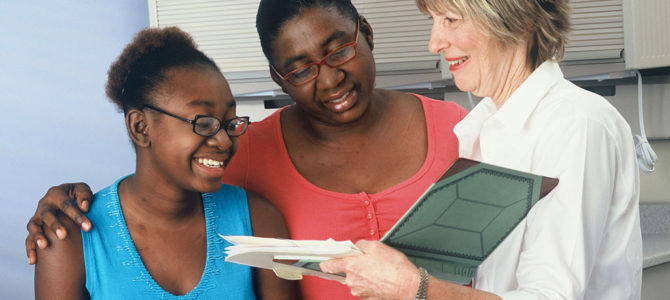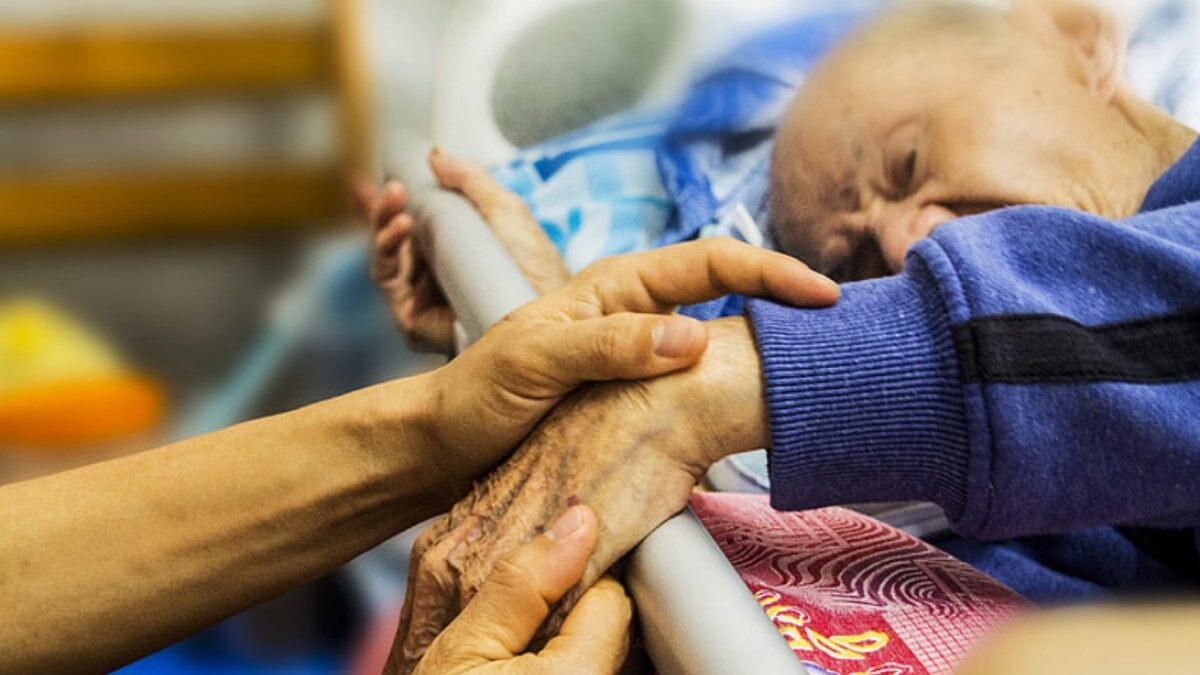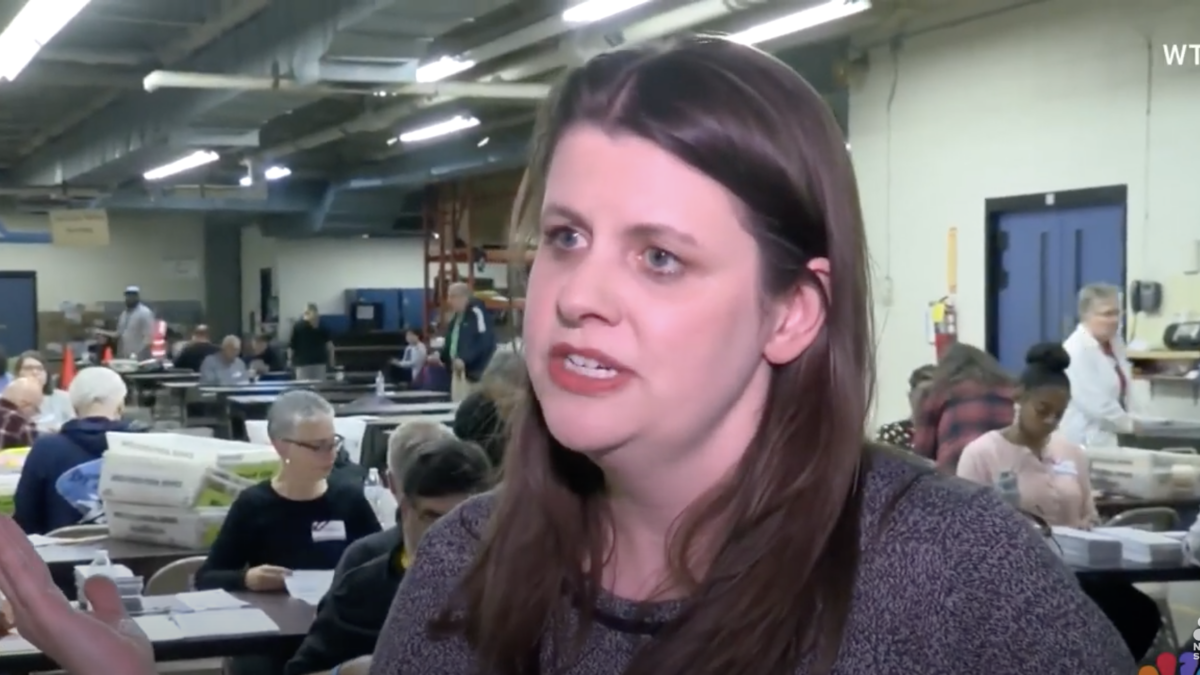
Under newly published guidelines from the American College of Obstetricians and Gynecologists (ACOG), Ob-Gyns are being told to include contraceptive counseling at every teenage visit because contraceptives “empower [girls] to take control of their reproductive health.”
As a neonatologist, (critical care doc for babies), I routinely care for premature and sick infants whose moms are teenagers. Lack of knowledge regarding contraceptives isn’t their problem; choosing to have sex without fully understanding what they have been “empowered” to do is.
Teens Know All about Contraceptives
In ACOG’s newly published recommendations, the theory is that if physicians would just inform more girls about contraceptives “before they become sexually active, or early on in their sexually active life,” then they would choose a contraceptive lifestyle and be better off.
In the neonatal intensive care unit (NICU), I’ve seen a different reality. One of my patients’ mothers, who was in high school when she gave birth, was the latest of her multiple sisters to become pregnant prior to graduation. She knows all about contraception. She does not know for sure who the baby’s father was.
Another teenage patient, who also knew all about contraception, quietly sobbed on my shoulder, simply saying she hoped this baby was someone who would love her.
Early instructions from a physician about how to engage in uncommitted sex did not “empower” these young women. Providing more instructions even earlier isn’t likely going to help either.
Most Importantly, Teens Need to Know Their Value
During my own teens (it wasn’t that long ago), a guy I met at school asked me out to a movie. To my surprise, he wasn’t at all interested in watching it. He seemed to have more arms than an octopus, and there was no way they were going to stay, much less go where he wanted to place them.
Sound naïve? Probably. But newsflash, that’s how everyone starts. At that time I remember being both embarrassed and upset. I now understand why: I was not ready for a physical relationship, plus that guy had no use for me as a person or a desire for a relationship. He just wanted sex.
How would my teen years have looked if the adults around me had not taught me that I was intrinsically valuable, and instead explained how I could have “safe” sex with a teen boy who didn’t know me from Adam and whose hormones had replaced his thinking brain? What adults need to reinforce (whether writing for a teen magazine or as a physician giving advice) is that our bodies and hearts are connected. The entire package should be treasured and safe-guarded, not just given to the first bidder.
Instead of just a quick conversation about contraception options, teens need to know that what most of us long for is a meaningful, steadfast relationship that absolutely should include sensuality and passionate love.
At Root, Pregnancy Prevention Is Soul Education
Adolescents’ relational health is placed at further risk when, in the guise of offering help, adults or leaders introduce inappropriate information. This describes the OB world pushing contraceptive use earlier and earlier, as well as many “teen pregnancy prevention” programs and studies.
Teens are smart. Prevention programs that include abstinence discussions in one breath and then suggest condoms, the pill, or other methods of contraception in the next breath are hypocritical, and teens know it. If the teachers and researchers of these studies actually believed one could remain abstinent (which prevents pregnancy and sexually transmitted diseases 100 percent of the time without any side effects), then achieving abstinence and having considerate, age-appropriate relationships would be a larger part of the conversation.
If these caring adults truly cared about “empowering” girls to take care of their reproductive health, then they would discuss a number of the different ways to practice fertility-awareness-based methods. These methods teach women about how their individual bodies actually operate, from learning their own fertile windows to navigating their hormonal ups-and-downs.
But that’s not what has been happening in sex ed classrooms using “teen pregnancy prevention” programs. Their message of “don’t have sex, but if you do, use a condom” is cognitive dissonance at its worst. Because so many of those programs were found to be failing, the government defunded 81 and saved more than $200 million.
What was also saved could well have been teens’ physical health. Studies have shown higher rates of blood clot issues occurring among teen users of hormonal birth control than in adult users, problems acquiring adequate bone mass, and increased rates of depression. Additionally, the increased depression risk may be linked to actual structural alterations in adolescents’ brains after taking hormonal contraceptives.
It is concerning as a physician, a woman, and mother of teenagers that, more than 40 years after the pill was introduced, ACOG is doubling down on the idea that life will be better if more and younger women will just live on contraceptives. Teens deserve so much more than that. Doctors, as well as sexual education programs, should be giving teens the full story on contraception and much more information about how to build healthy, age-appropriate romantic relationships with boundaries that protect them.









